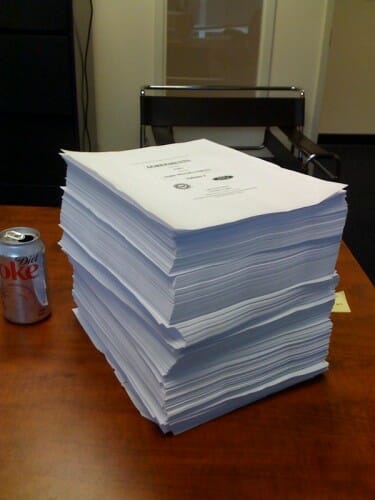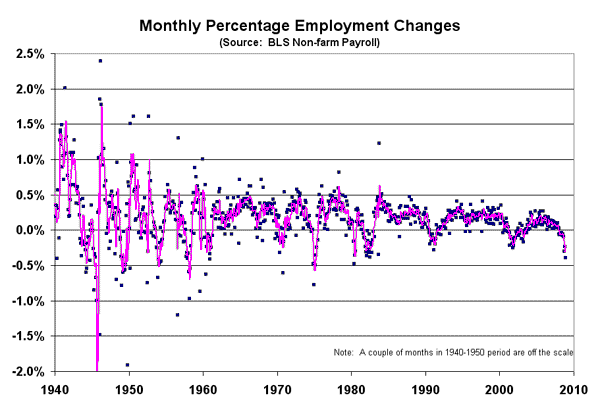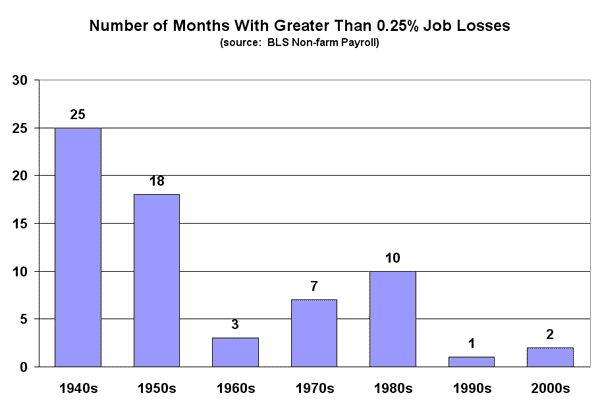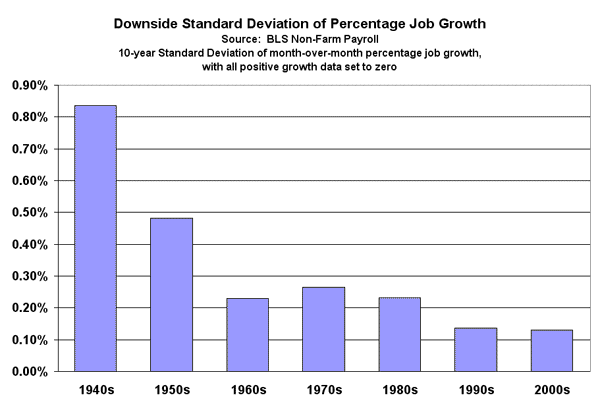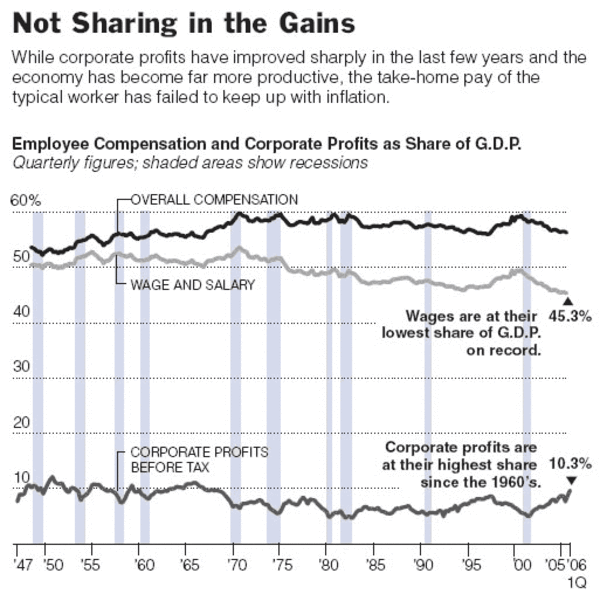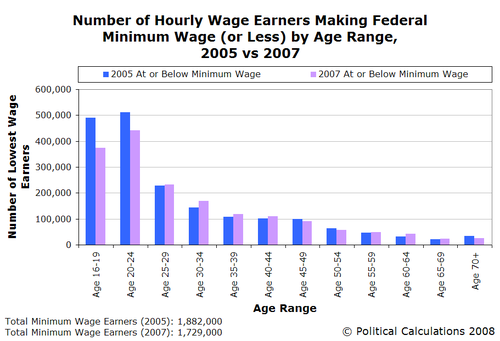This year has been a frustrating year for my business. As many of you know, I am in the business of privatizing public recreation. We take over the management of public recreation facilities, and are generally able to run them to the same or better standards as the government for less money. Whereas before we take over, the government typically loses money on a park, we often can run it at a profit AND pay the government rent for the concession rights.
This year, numerous state parks have been threatened with closure in states all across the country. In many of these states, I have communicated with everyone I could think of, from the governor to state parks leaders, trying to say that companies like ours could probably keep many of these parks open. I told them I wasn't looking for a sweetheart deal - we weren't afraid to bid against other companies, but it was crazy to close parks that could easily remain open. We have been told any number of times by numerous state leaders that they would prefer to close the park rather than put it under private concession management.
To some extent, this is due to the pressure of public employees unions, who have every incentive to play brinkmanship and force closure of parks rather than set the precedent of having them managed by a non-union private company. This is unsurprising.
I also understand that there is a fear of private management of public recreation facilities. I swear the first think I hear almost every time I present on what we do is that they fear we would put a billboard or a McDonalds in front of Old Faithful. I kid you not, this charge is as regular as clockwork. Fortunately, we manage about 175 public recreation facilities to a pretty high standard, and not one billboard or McDonalds can be found at any of them. A large part of the bid process for any facility management contract is not just the rate or the rent but also the detailed operating standards to which it will be managed. So this is a normal, but surmountable hurdle.
But even taking into account these usual sources of resistance, I am always just amazed at how vociferous the opposition is to even experimenting with private management. States like California are simply hell-bent on closing parks a company like ours could easily keep open for the public (to be fair, Ruth Coleman, head of California State Parks, is very open to new models but she gets absolutely no support either within her organization or in the legislature for such new ideas).
But I think I understand this phenomenon better now after reading Kevin Drum today. This is what Drum wrote in response to the DNC ad, which clearly stretched the truth, claiming that Republicans voted to end Medicare:
Why not just tell the truth: Republicans essentially voted in favor of turning Medicare over to private industry. With only a few words of explanation, this could easily be more effective than the ad that actually ran. Like so:
Republicans voted to turn Medicare over to private insurance companies! You heard right: they want to hand Medicare over to the same companies that [insert two or three insurance company outrages here, maybe a Wall Street reference, something about profits over people, etc.]. Democrats will never do that. Blah blah blah.
Would that really be any less scary than the ad that actually ran?
So for Drum, and I presume for much of the Left, the suggestion that a government service be managed privately is just as bad as the suggestion that the service be ended. In essence, Drum is saying he would almost rather have no Medicare than Medicare provided privately.
It certainly explains a lot, and puts the phenomenon I see in public recreation into a larger context.
Update: A couple of the comments hpothesize the problem is that many in government and on the left just hate profits and the profit motive in general. One related story -- I was in a meeting with a large state parks organization where a senior person raised the idea of private park management. Well, everyone hated the idea, but when it looked as if the leadership might still seriously consider the private option, one person in the room said "well could we at least mandate that they can't make a profit." There was a lot of head nodding at this.
I didn't go off on this and kept a smile on my face. But I did lose it in an earlier meeting with the head of some government parks we actually did run. We were discussing park fee increases for the next year (the state had just raised minimum wages about 30% and we were scrambling to make ends meet). He said he was uncomfortable with the level of profits we made. I asked him, "Jim (not his real name) does this state pay you more than $25,000 a year to run this park?" He nodded. I said, "then you make more profit in this park than I do, and what is more, you didn't have to invest $100,000 in equipment to get your job, nor do you have to rebid for your job every 5 years, nor does you salary go down if for some reason park visitation decreases."
Sometimes I wish I had stood up in that state meeting and said something similar, as in "Why is the money I make in a park somehow tainted because it is the difference between my revenues and expenses and the result of substantial investments and subject to extraordinary risks, while the virtually guaranteed-for-life salary you make, paid for by the same visitors, is somehow pristine?"
